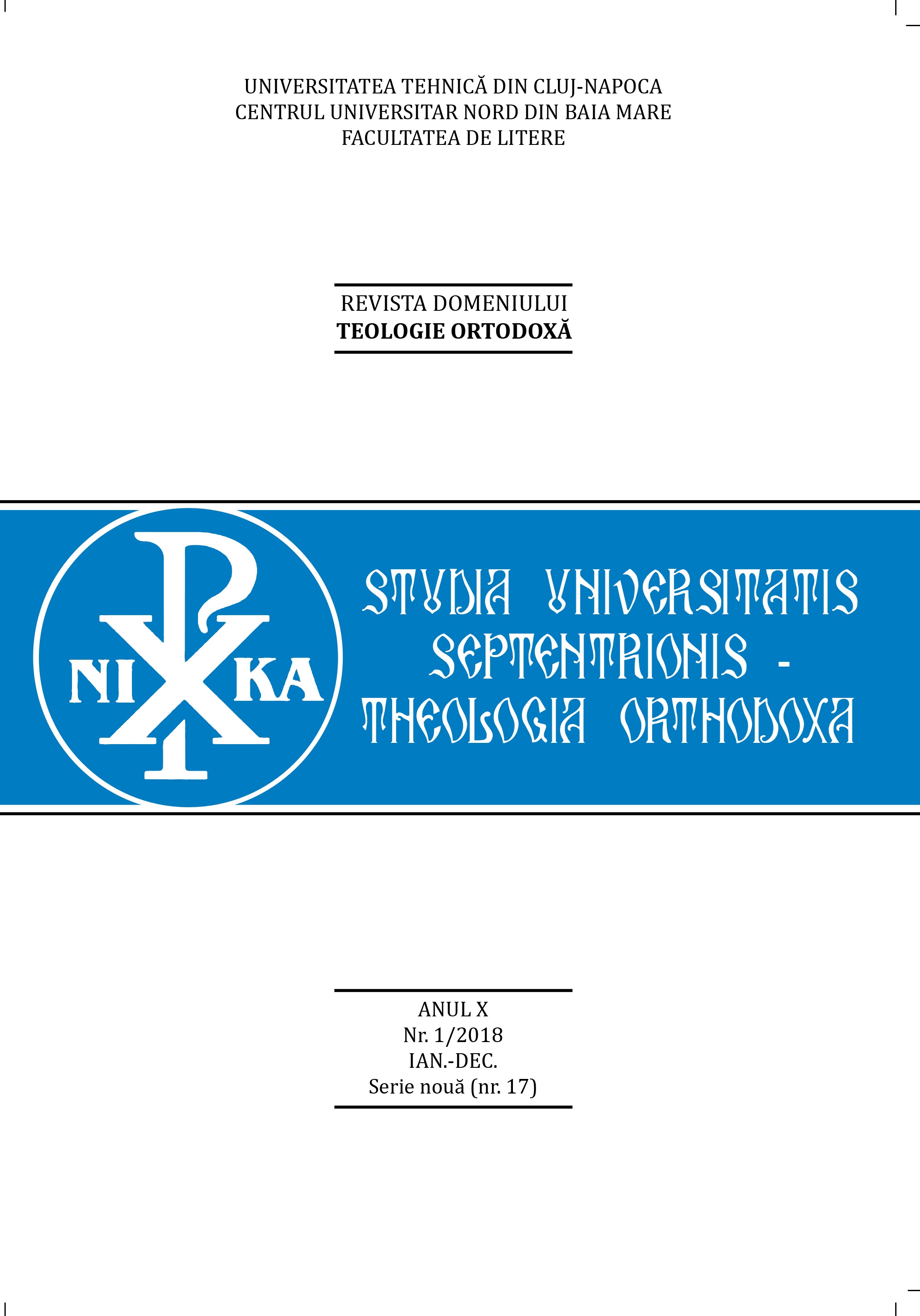Comentariu în baze biblice asupra noţiunii „mântuire”, înţeleasă ca răscumpărare şi îndreptare spre desăvârşire
Commentary in biblical bases on the notion of "salvation," understood as redemption and straightening to erfection.
Author(s): Ștefan PomianSubject(s): Theology and Religion, Biblical studies
Published by: Editura U. T. Press
Keywords: faith; dogma; good deeds; grace; reformation; redemption;
Summary/Abstract: The work of redemption has been accomplished by the Holy Trinity, i.e. God the Father, God the Son and God the Holy Spirit, since the creation of the world, but it can also be objectively noticed among people through Jesus Christ. The dogmatic postulate: “for us, the people and for our redemption” shows Our Lord Jesus Christ as the Savior of the whole world.Redemption is a complex work based on God’s Sacrifice, which was and invariably remains a never-ending present. This is why, after His Return to Heaven, this work is still preserved in the church, through the Eucharistic Sacrifice, and all those that believe in it and accomplish the joint imperative of working together with the Holy Grace in the spirit of a loving faith have access to it. From an orthodox point of view, the spirit of grace is defined as a godly energy or power which springs from Divinity or the Holy Trinity, Father Son and Holy Spirit, and shows itself in the work of creation, of providence and redemption. It refers to the power and ability of God flowing into His Church as a redeeming divine grace through the Holy Spirit in order to redeem the ones that believe in Him.Redemption involves, on the one hand, the Holy Trinity’s godly work of salvation, which is known as general or objective redemption, and on the other, the work of reformation of each and every person, redemption being thus offered a personal, subjective and consequently greater human touch.
Journal: Studia Universitatis Septentrionis. Theologia Orthodoxa
- Issue Year: X/2018
- Issue No: 1
- Page Range: 133-151
- Page Count: 19
- Language: Romanian

